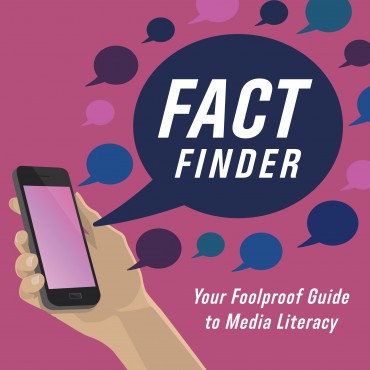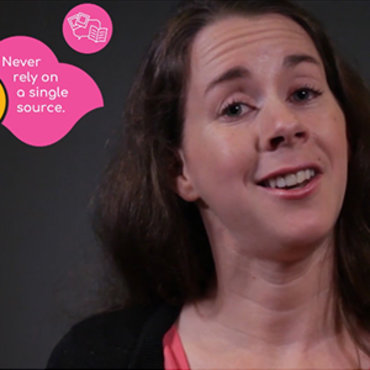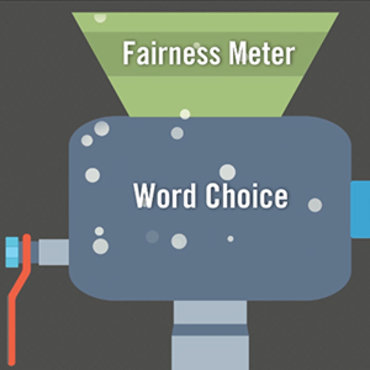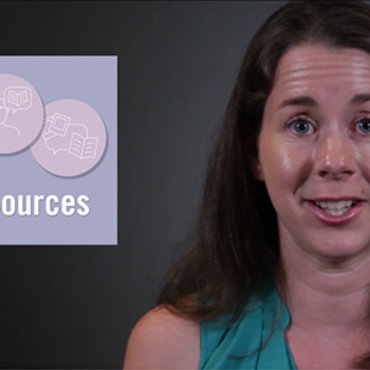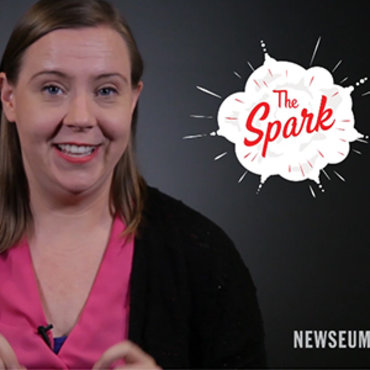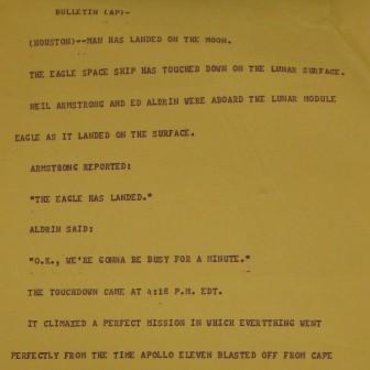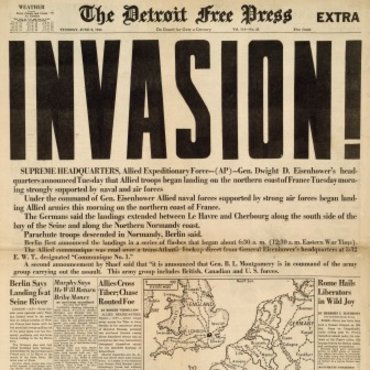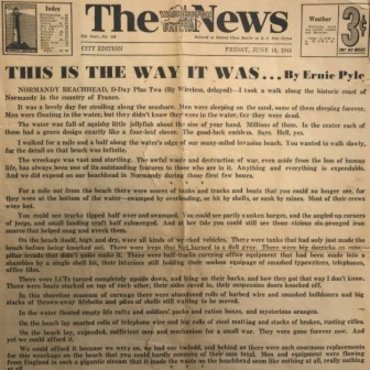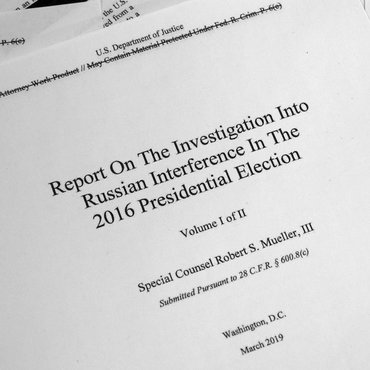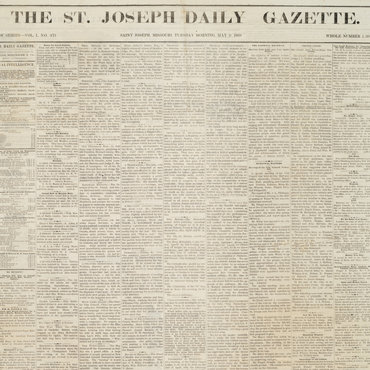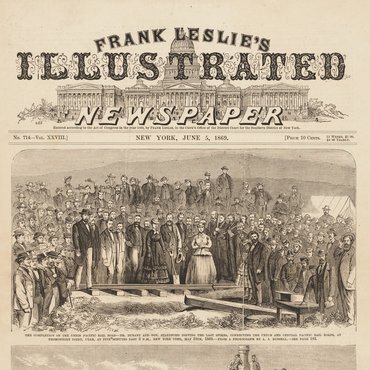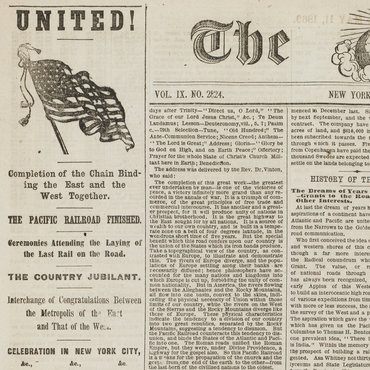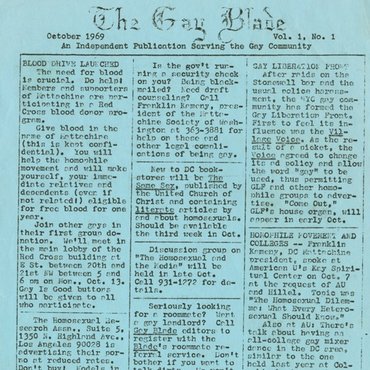Lesson Plan
The Fundamentals of News
Students learn why news matters and how to distinguish between the different media-related terms they might hear being thrown around.
Get even more great free content!
This content contains copyrighted material that requires a free NewseumED account.
Registration is fast, easy, and comes with 100% free access to our vast collection of videos, artifacts, interactive content, and more.
Sign Up
?
NewseumED is provided as a free educational resource and contains copyrighted material. Registration is required for full access. Signing up is simple and free.
With a free NewseumED account, you can:
- Watch timely and informative videos
- Access expertly crafted lesson plans
- Download an array of classroom resources
- and much more!
Duration
Less than 30 minutes
Topic(s)
- Journalism
Grade(s)
- 6-8
- Show students “The Fundamentals of News” video and have them complete the worksheet.
- Review the worksheet as a class and discuss the questions below.
- The Fundamentals of News worksheet (download), one per student
- Internet access to view “The Fundamentals of News” video (above) to share to the class or share the link with students to watch on their own devices
- On a daily basis, what type of news stories do you look for, and why?
- Share examples of news and journalism that you’ve read/watched/listened to in recent weeks. What were the qualities of the stories that drew you in or were more interesting?
- How can you tell opinions apart from facts? Is it easy to spot the difference?
- What are the challenges to reading news on social media instead of directly on news sites? What are the benefits?
-
Common Core State Standards: CCSS.ELA-LITERACY.CCRA.SL.1
Prepare for and participate effectively in a range of conversations and collaborations with diverse partners, building on others' ideas and expressing their own clearly and persuasively.
-
National Council of Teachers of English: NCTE.12
Students use spoken, written, and visual language to accomplish their own purposes (e.g., for learning, enjoyment, persuasion, and the exchange of information).

